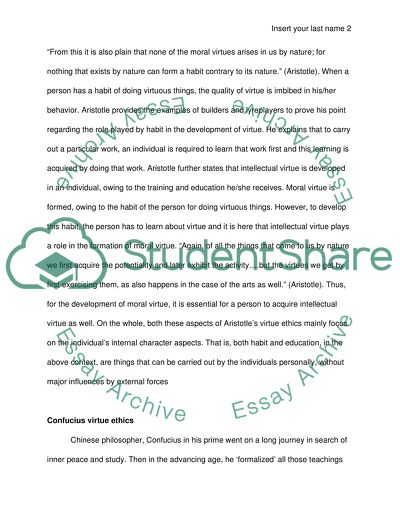Cite this document
(“Ethics Essay Example | Topics and Well Written Essays - 1250 words - 10”, n.d.)
Ethics Essay Example | Topics and Well Written Essays - 1250 words - 10. Retrieved from https://studentshare.org/miscellaneous/1583222-ethics
Ethics Essay Example | Topics and Well Written Essays - 1250 words - 10. Retrieved from https://studentshare.org/miscellaneous/1583222-ethics
(Ethics Essay Example | Topics and Well Written Essays - 1250 Words - 10)
Ethics Essay Example | Topics and Well Written Essays - 1250 Words - 10. https://studentshare.org/miscellaneous/1583222-ethics.
Ethics Essay Example | Topics and Well Written Essays - 1250 Words - 10. https://studentshare.org/miscellaneous/1583222-ethics.
“Ethics Essay Example | Topics and Well Written Essays - 1250 Words - 10”, n.d. https://studentshare.org/miscellaneous/1583222-ethics.


